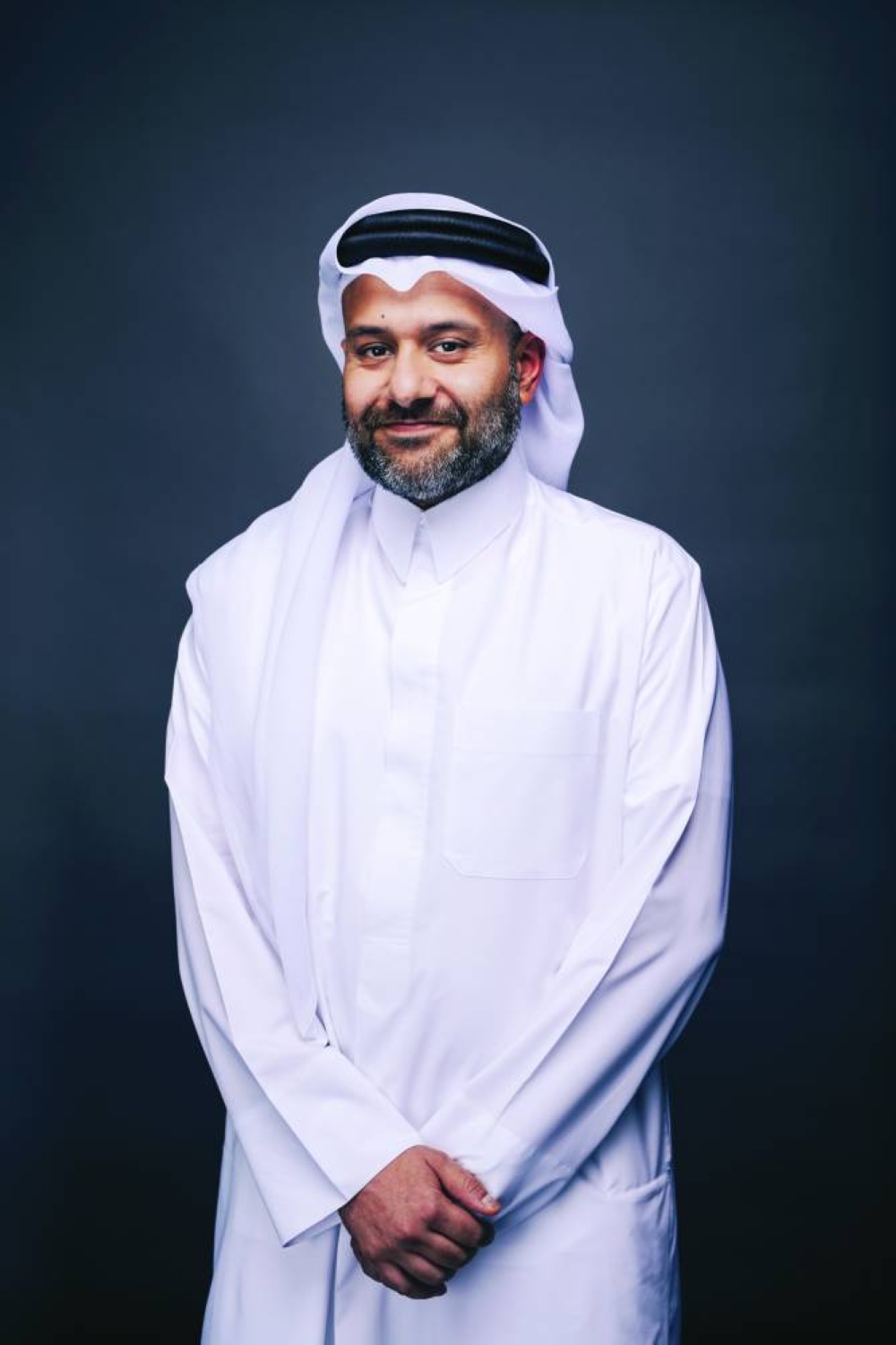Stronger inflows in new business and a surge in jobs signalled a stronger improvement in business conditions in Doha’s non-energy private sector economy, according to Qatar Financial Centre (QFC).The QFC purchasing managers’ index (PMI) – compiled from survey responses from a panel of around 450 private sector companies – compiled by Standard and Poor’s Global said demand for goods and services strengthened, driving a near-record increase in employment and another solid output expansion.
Firms also continued to deplete outstanding business, and average wages rose at the fastest rate on record, said PMI, whose panel covers the manufacturing, construction, wholesale, retail, and services sectors, reflecting the structure of the non-energy economy according to official national accounts data.
The headline PMI – a composite single-figure indicator of non-energy private sector performance and derived from new orders, output, employment, suppliers’ delivery times and stocks of purchases – found that overall cost pressures were the highest in four years, while charges for goods and services fell slightly and the 12-month outlook improved notably.
The PMI rose to 53.1 in August, from 51.3 in July, which was above the long-run trend level of 52.3 (since April 2017).
Highlighting that the employment component provided the largest boost to August’s headline figure, it said private sector jobs in Qatar rose strongly in August, reversing July’s slight fall and the workforce growth was the second-fastest on record, a tad below the peak in January 2019.
“The PMI resumed its recent upward trajectory in August, mainly reflecting a surge in employment and stronger inflows in new business... Financial services continued to lead the way with the sharpest rise in new business in two years,” said QFC Authority chief executive officer Yousuf Mohamed al-Jaida. The job boost was accompanied by record wage pressures in August, as the seasonally adjusted staff costs index rose to a new high of 55.7. Non-staff cost pressures intensified with purchase price inflation at a 15-month high. Overall input price inflation hit a four-year high. In contrast, prices charged for goods and services fell in the latest period.
Recruitment was influenced by a strengthening demand for Qatari non-energy goods and services. The level of incoming new orders expanded for the 18th time in 19 months, and at a strong rate that outperformed the long-run survey trend.
The faster increase in new business in August supported another robust expansion in total activity. Output has risen continuously for over four years except for two brief pauses in January and December last year. While accepting new contracts, companies continued to reduce the volume of outstanding orders, albeit at slowest rate in the current seven-month sequence of backlog depletion.
Confidence regarding the next 12 months strengthened notably in August, to the highest since March 2023, it said, adding positive sales forecasts were linked to government economic development policies, tourism, a rising expatriate population, construction and real estate projects, and Qatar’s attractiveness to international investors.
The starting of new project implies higher demand for inputs in August, as purchasing activity increased for the sixth successive month, even as suppliers’ lead times improved to the greatest extent since December 2022. Input stocks declined for the sixth time in 2024 so far and at the fastest rate since November 2022.
Qatari financial firms recorded booming demand for their services in August. The seasonally adjusted financial services new business index rose from 57.2 in July to 62.9, the fastest growth since August 2022. Companies were also increasingly optimistic regarding the 12-month outlook, with sentiment at the highest level since May 2023. There was also a notable boost to employment growth, which was the strongest in five years (56.4).

QFC Authority chief executive officer Yousuf Mohamed al-Jaida.

